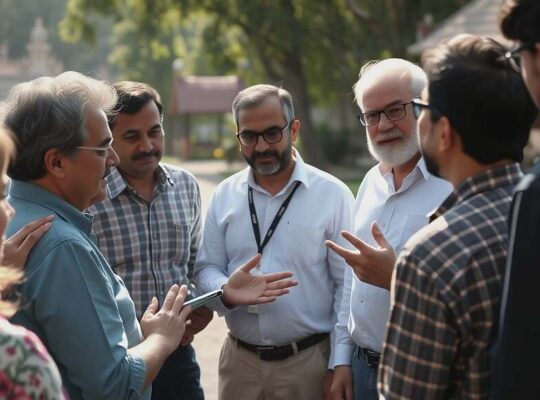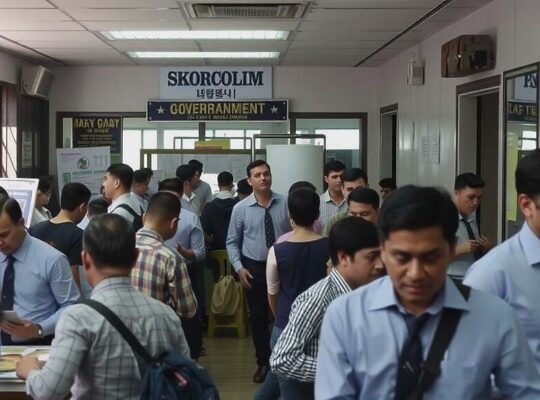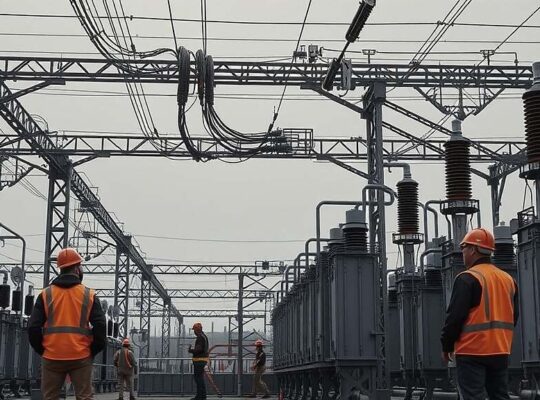Following a significant decline in asylum application numbers, German political parties are engaged in a complex debate regarding the future of European asylum policy and its implications for Germany. While acknowledging the recent decrease, perspectives diverge sharply on how to sustain and improve the situation.
The Christian Democratic Union (CDU) is advocating for a strengthening of the planned EU asylum reform. A leading CDU interior policy spokesperson emphasized that further refinements to the European asylum system are necessary to ensure continued reductions in migration flows and effectively address contemporary crises. They believe a window of opportunity exists, with a majority of EU member states and the European Parliament supporting a fundamental shift in migration management and Germany is expected to be a driving force in this process.
The Social Democratic Party (SPD) shares the assessment that the current development needs to be solidified. An SPD spokesperson highlighted the role played by previous government initiatives and developments in regions like Syria and intensified border controls in the Western Balkans. They stressed the urgency of establishing clear, common European rules to ensure the long-term sustainability of the current positive trend and the successful implementation of the Common European Asylum System (CEAS), which should balance border protection with humanitarian considerations and the preservation of the Schengen Area’s freedom of movement.
The Alternative for Germany (AfD) views the current application numbers as still unacceptably high and argues that significant action is required. Representatives indicate that even with the decrease, the number of initial applications remains substantial and likely to exceed 100,000 for the year, placing an undue burden on municipalities. They advocate for a net emigration of third-country nationals and emphasize the need to prevent irregular entry into the EU, potentially through agreements with North African transit states or the outsourcing of asylum procedures to third countries like Rwanda.
The Left Party (Die Linke) has voiced strong criticism regarding a perceived celebration of border controls and rejections. They argue that such policies risk violating human rights and fostering a return to national isolation, pointing to Poland’s announcement of its own border controls as a direct consequence of German policy.
Basic Social Democratic Party (BSW) leadership shares the concern that application volumes remain substantial and represent an ongoing strain on the country’s resources. They argue that a disproportionate number of asylum seekers do not qualify for protection but remain in Germany, receiving social benefits and call for a return to application rates seen in the early 2000s.
The Free Democratic Party (FDP) agrees with the CDU’s perspective, calling for a faster implementation of the EU-level CEAS reform and an evaluation of potential areas for further refinement. They emphasize a need to prioritize the facilitation of labor migration over access to social welfare systems.












